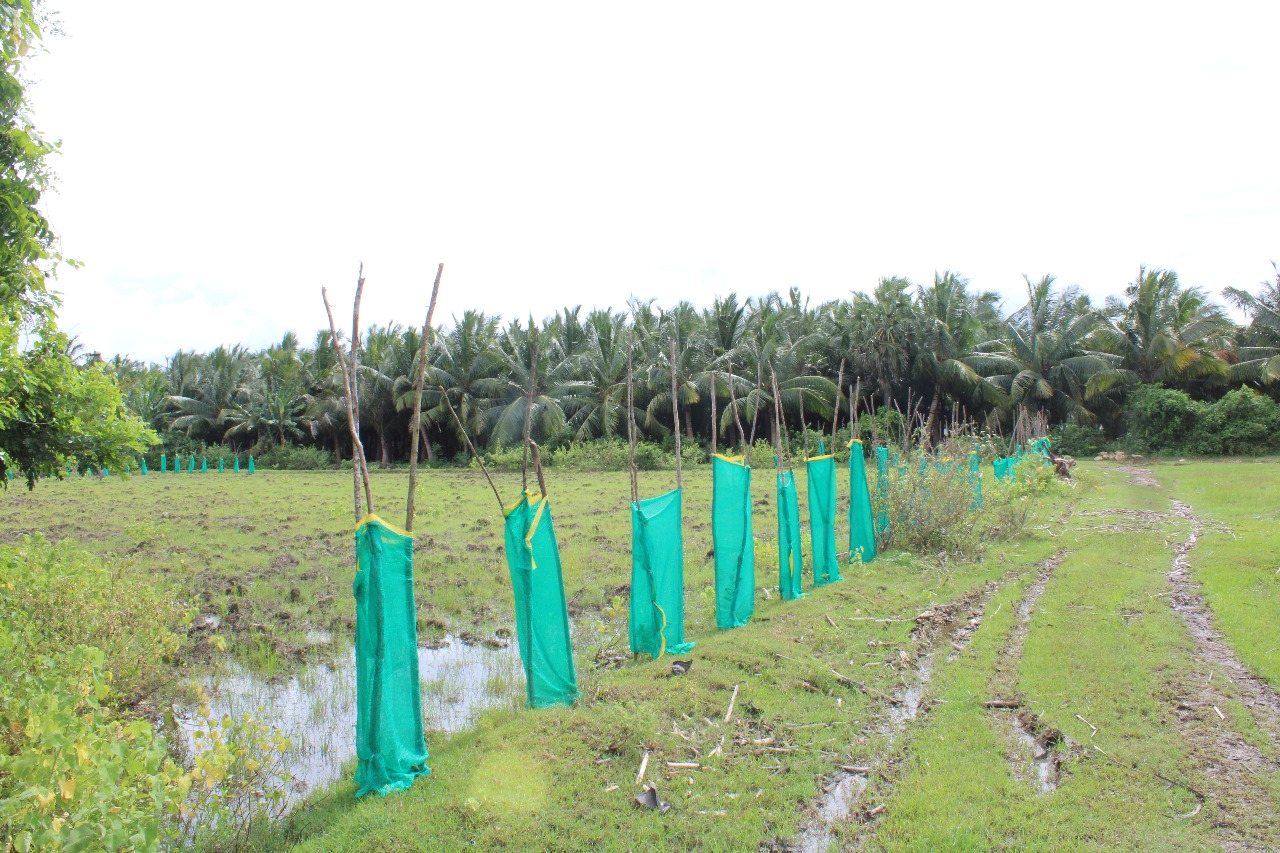
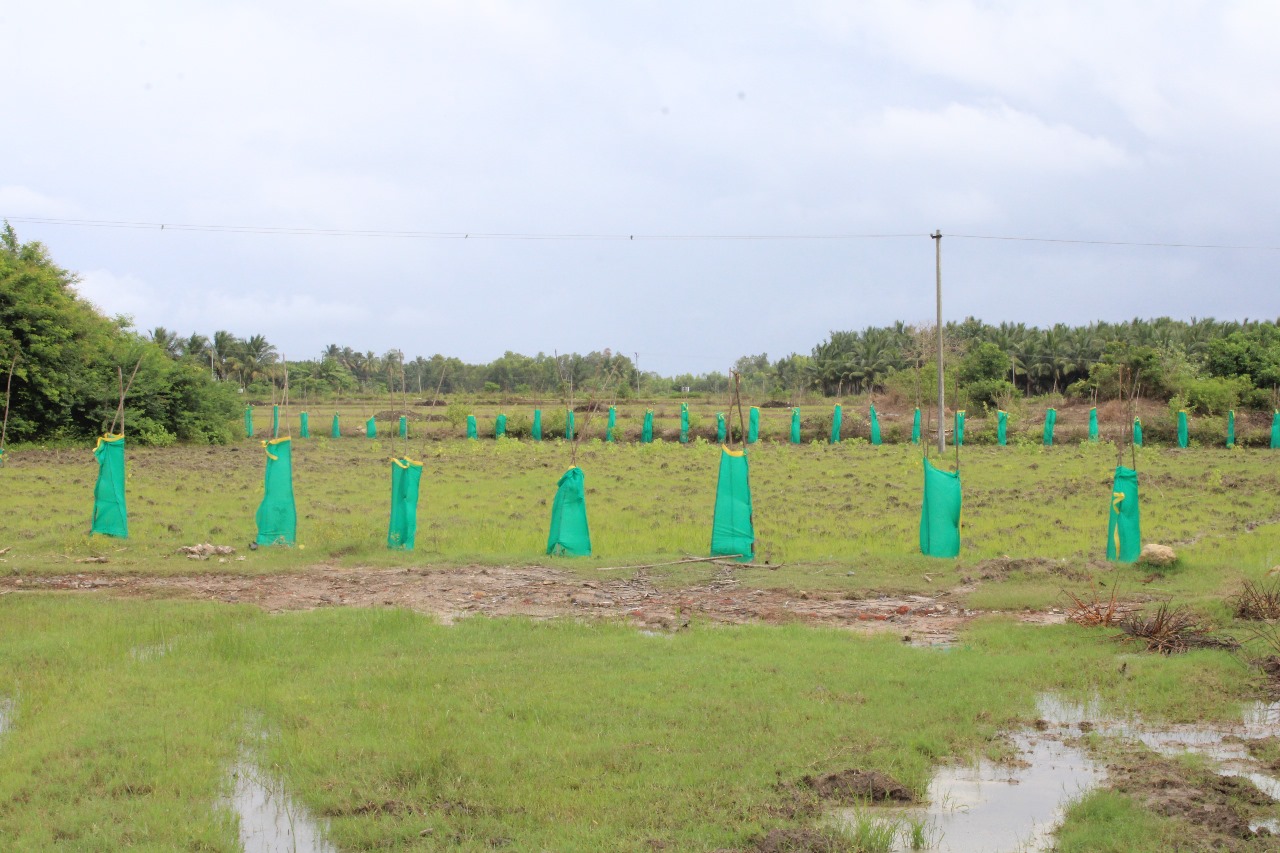
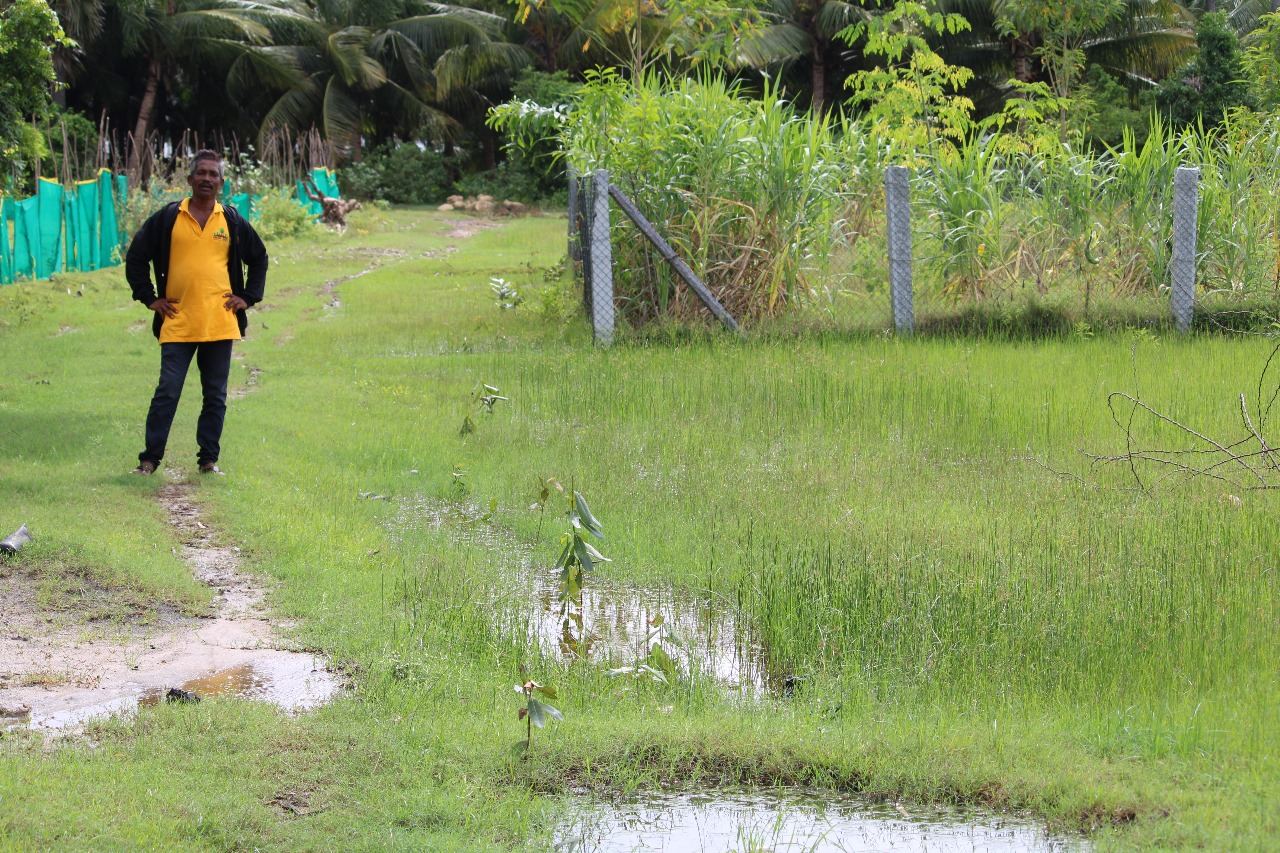
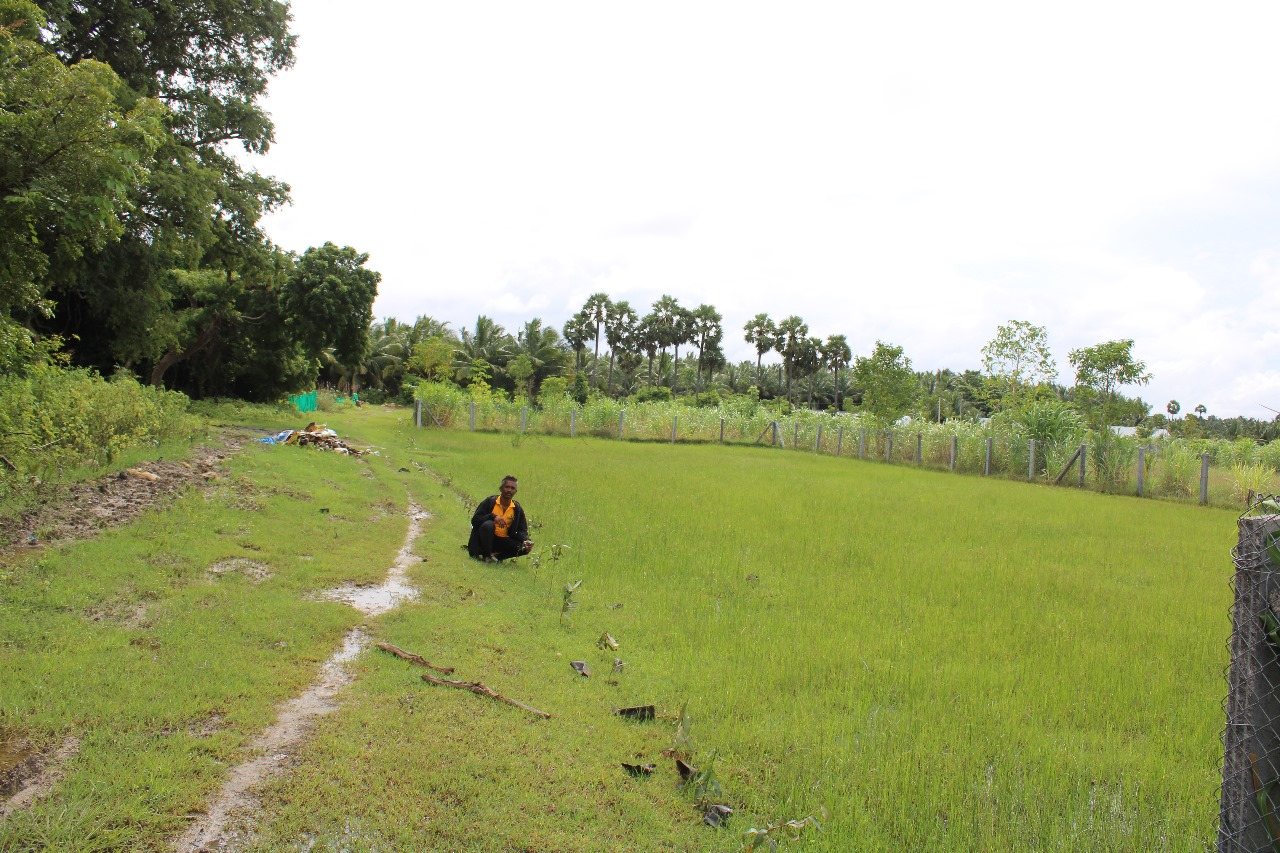
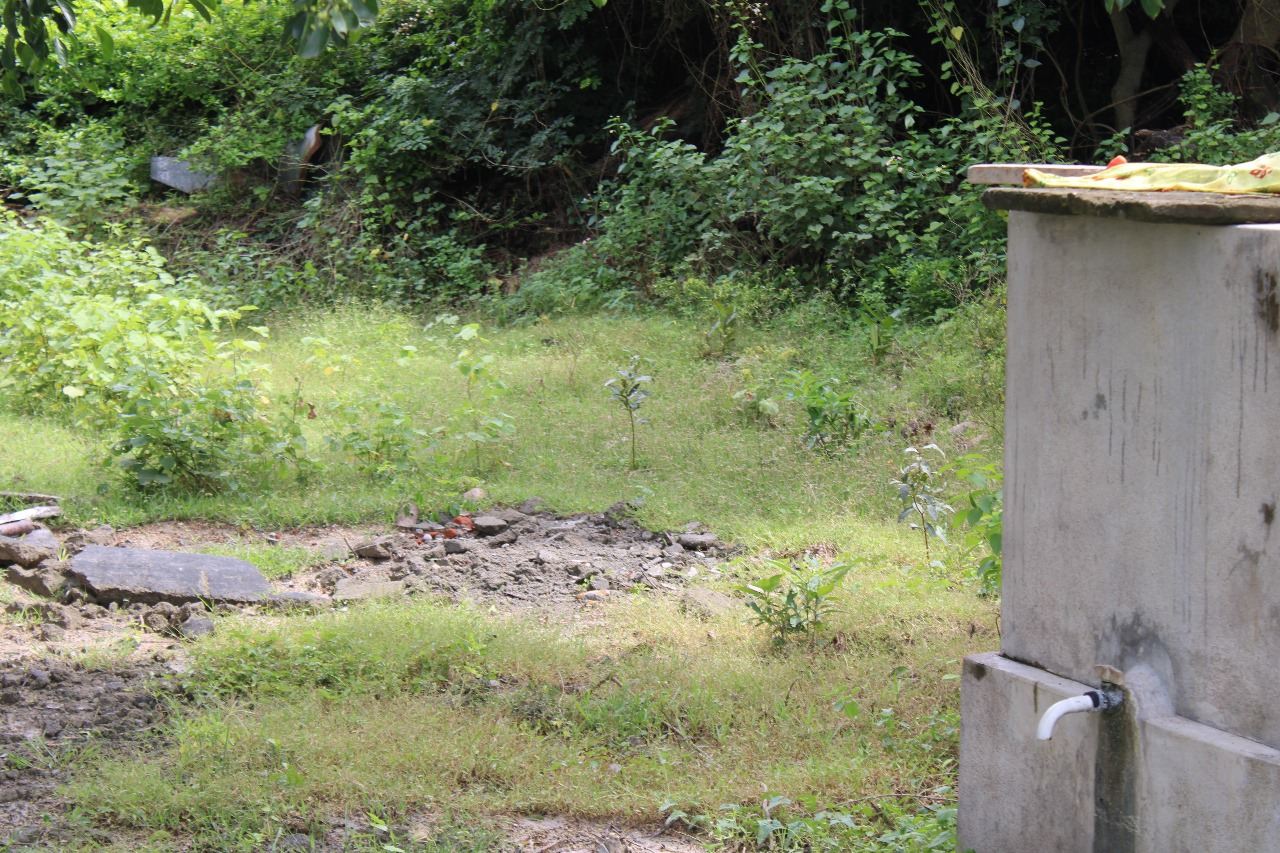
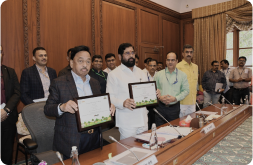
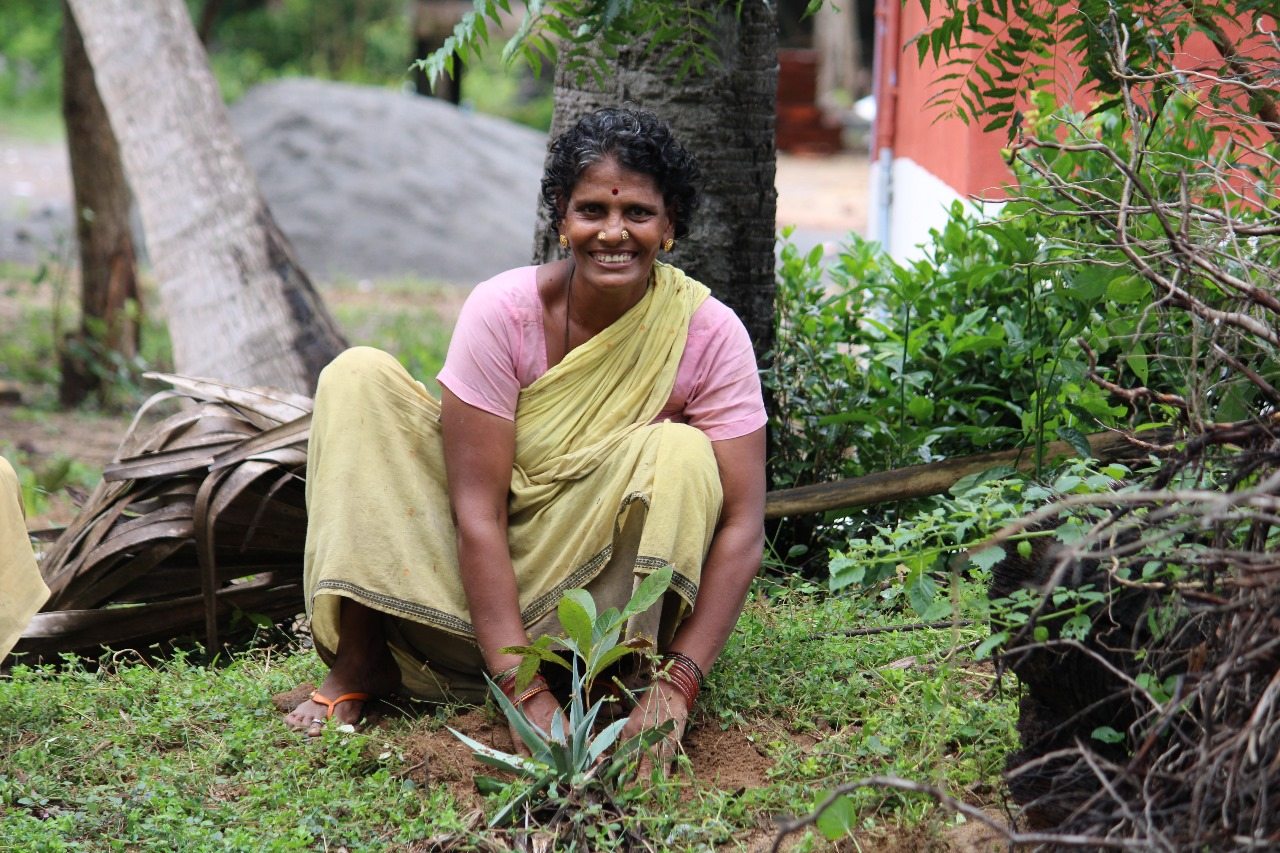
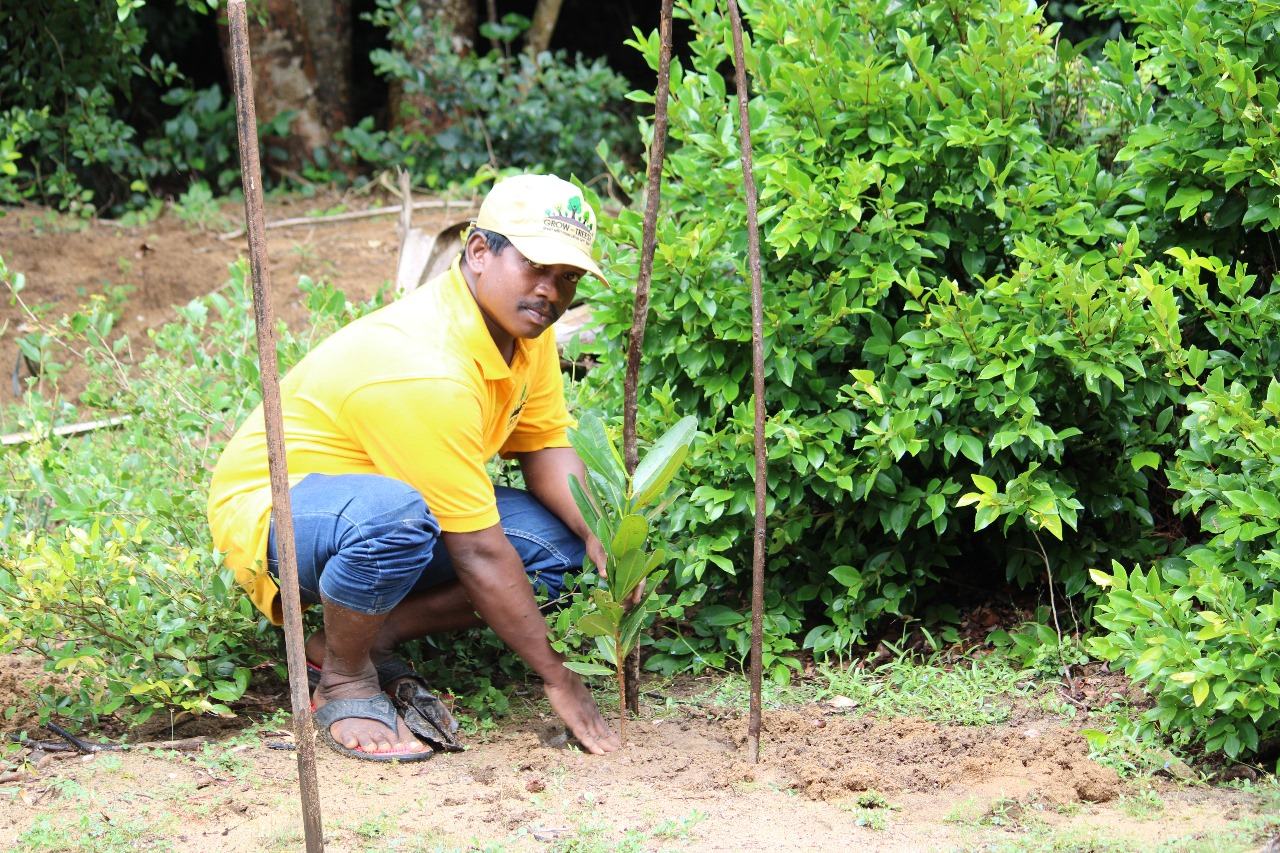
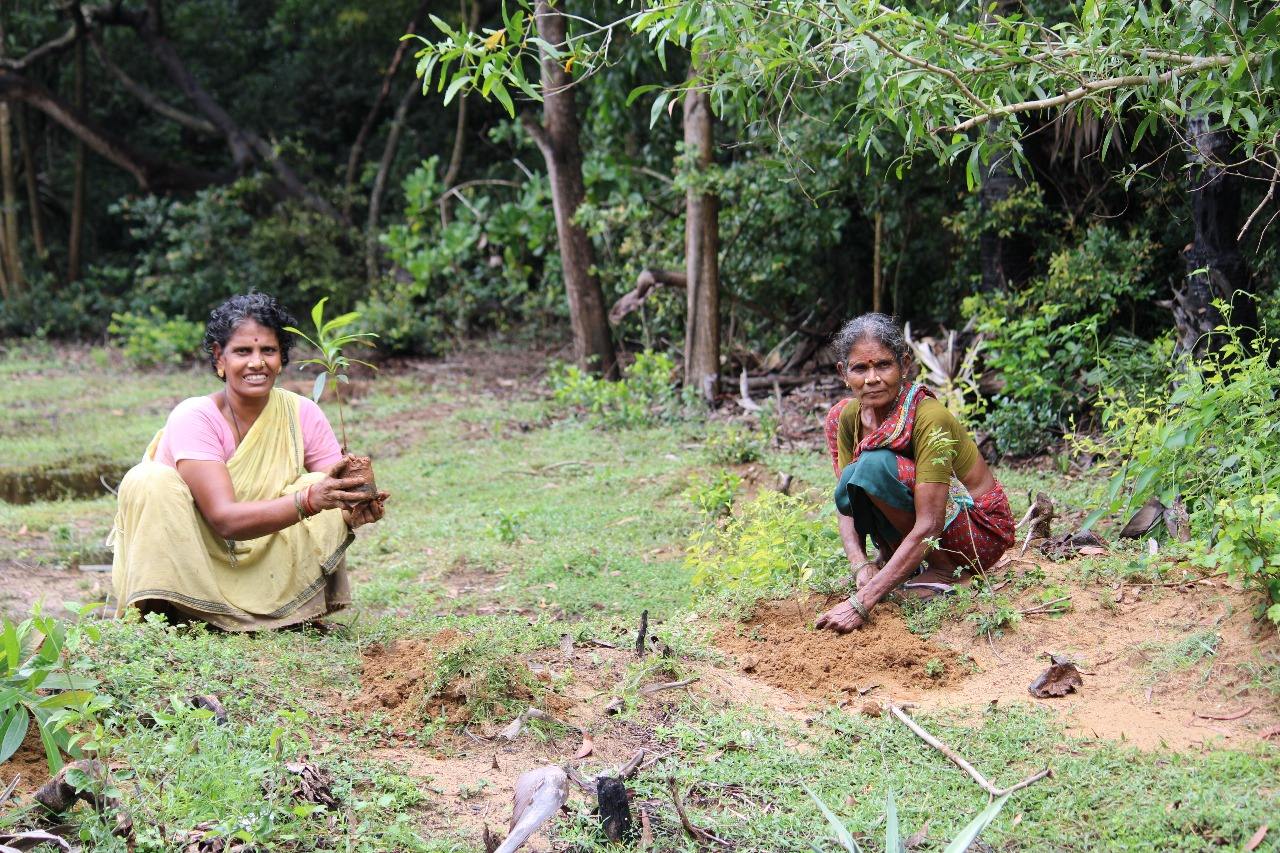
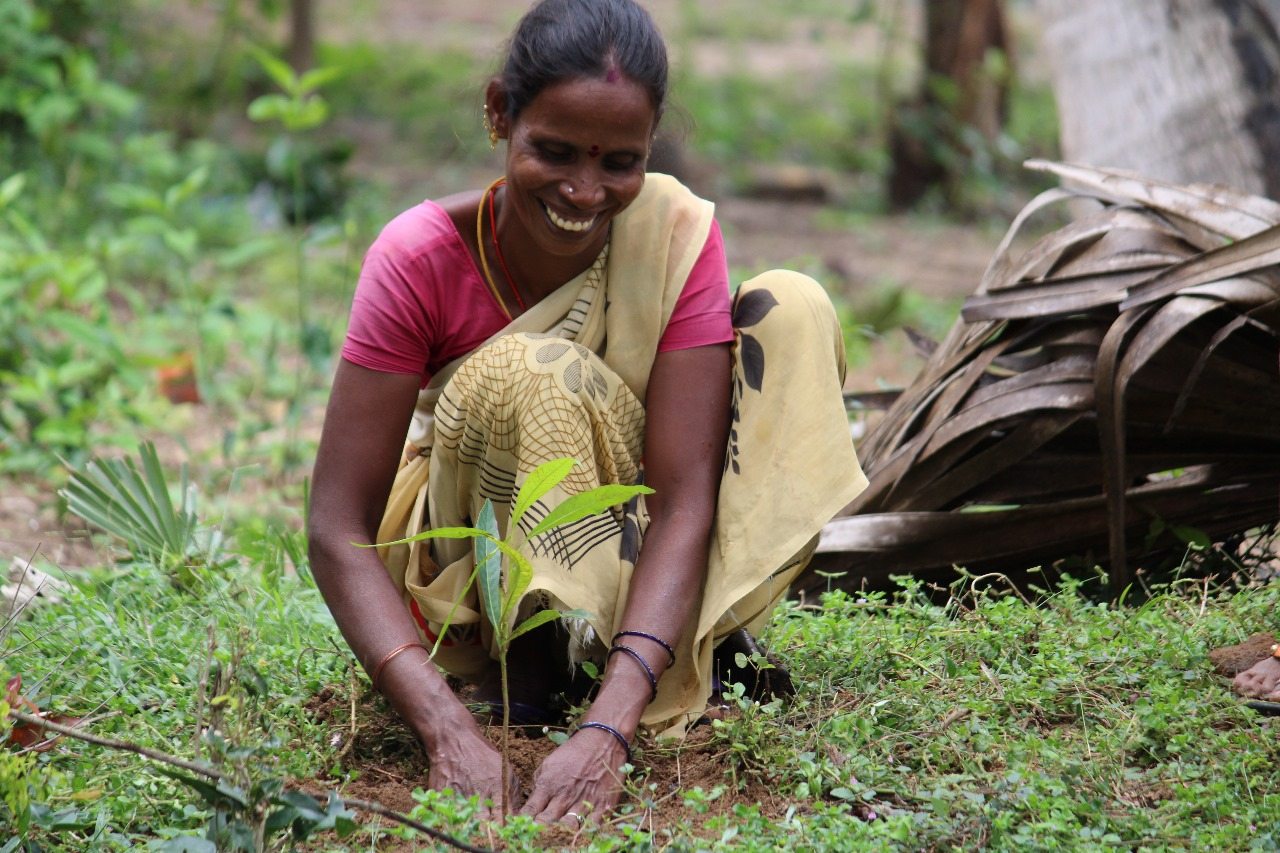
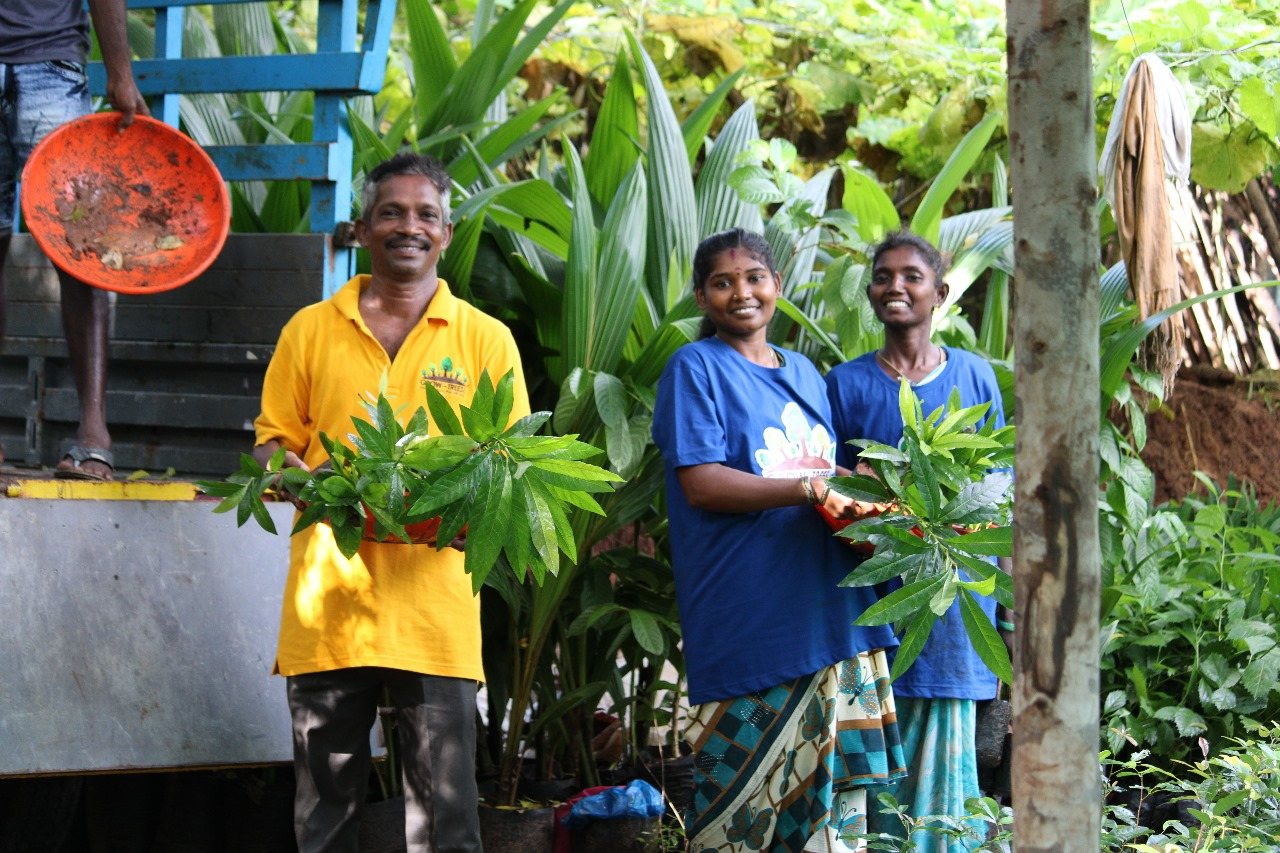
Project Target
0% Remaining
10,000
Trees Planted out of 10,000 Trees

Project Location:
The project involves the plantation of trees in the Marakkanam village located in the Villupuram district of Tamil Nadu.
Project Aim
SDG
Forests or sacred woodlands, are areas of land that are considered sacred or holy by indigenous or local communities. These forests are protected and reserved for their spiritual, cultural, and ecological significance. The significance of these sacred forests extends beyond traditional and cultural aspects.
They support conservation efforts and uphold the harmony between human activity and the natural world, which helps to promote environmental sustainability. Age-old conservation methods like this one have recently come under danger. These forest patches have been impacted by rapid urbanization, altered land use, and shifting belief systems.
Marakkanam is a small town in Villupuram district and has three sacred forests which are shrinking mainly due to encroachment and deforestation in the area. The seasonal/annual traditional festivals conducted on the premises of sacred groves are now celebrated at a larger scale which has affected the fragmentation of these sacred forests.
This tree plantation initiative aims to plant 10000 trees of diverse local species which will help restore and conserve a unique forest. In addition to restoring the forest patches, the project will help local communities by generating additional income sources through plantation activities and plantation produce.
An article by Sustainable Footprint mentions that “Sacred groves have served as important reservoirs of biodiversity, preserving unique species of plants, insects, and animals. Sacred and taboo associations attached to particular species of trees, forest groves, mountains, rivers, caves, and temple sites should therefore continue to play an important role in the protection of particular ecosystems by local people. Particular plant species are often used by traditional healers and priests who have a strong interest in the preservation of such sites and ecosystems.”
Scientific American believes that preserving these sacred forests are crucial to preserving the planet’s rich biodiversity. It mentions that “About 40 percent of the earth’s wildlife-rich forests are still defended by the local groups who live in and around them. Empowering such “ecosystem people”—who live close to nature and can directly observe and appreciate the manifold benefits it confers—could be the most effective way to protect what remains of the planet’s biodiversity.
We support planting trees of local tree species at our planting sites since they are compatible with the local ecosystem and have a higher likelihood of surviving due to their non-invasive character.
The trees in this tree plantation initiative include Priyangu or Coastal boodyarra (Aglaia elaegnoidea), Narivizhi (Tricalysia sphaerocarpa) , Ceylon Ironwood (Manilkara hexandra), Moochukund or Cork-leaved Bayur Tree (Pterospermum suberifolium) , Kurpa tree (Lepisanthes tetraphylla), Mahua (Madhuca longifolia), Alexandrian laurel or Oilnut Tree (Calophyllum inophyllum), Bakul (Mimusops elengi) , Walsura (Walsura trifoliata) and Jamun (Syzygium Cumini).
In traditional medicine systems, different parts of the Priyangu tree, including the bark, leaves, and fruits, are used for their medicinal properties. The oil extracted from Priyangu seeds is known for its cosmetic and skincare applications. It is considered sacred in Hindu rituals and is used as an offering in religious ceremonies and festivals. Narivizhi is used for its medicinal properties and as an ingredient in traditional cooking. The Mahua tree is primarily known for its edible flowers and seeds. The flowers are used to produce a sweet and aromatic alcoholic beverage called "mahua liquor" or "mahua wine." Walsura and Mahua are planted because of their wood as well.
Tree plantation offers numerous benefits that span across multiple aspects.*
Biodiversity Conservation
Sacred forests serve as havens for biodiversity, providing habitats for a wide array of plant and animal species. Planting trees in sacred forests helps enhance and expand these habitats, promoting biodiversity conservation and protecting threatened or endangered species.
Culture Preservation
Sacred forests are deeply intertwined with cultural and spiritual beliefs. By planting trees in sacred forests, communities actively engage in preserving their cultural heritage and traditional practices. It reinforces the sense of identity and connection to the land, fostering cultural resilience and intergenerational knowledge transfer.
Community Engagement and Empowerment
Tree plantation initiatives for sacred forests involve community participation, fostering a sense of ownership and stewardship. It strengthens community cohesion, builds local capacity for sustainable forest management, and empowers communities to take an active role in conservation efforts.
Generating Employment
Our project generates employment opportunities for the locals since we are committed to working closely with them at our planting sites. They are involved in preparing the saplings in the nursery, transportation of the saplings, plantation and maintenance.
The local communities can also earn additional income from the plantation produce, in this case, they can supplement their income from timber and fruits once the tree matures.
Carbon Sequestration
A mature tree can absorb about 20 kg of CO2 each year. The tree plantation in this region will act as a carbon sink thereby playing a great role in our fight against climate change.
*The environmental benefits of the trees reach their full potential as they mature.
Social Impact of Growing Trees
Community Engagement
Tree planting initiatives often involve local communities, which can lead to greater community cohesion.
Ecological Education
Provides opportunities for community members, especially children, about the importance of environmental sustainability.
Urban Beautification
Trees contribute to the aesthetic enhancement of urban areas, making cities more pleasant and liveable.
Climate Resilience
By improving green cover, tree planting helps make communities more resilient against climate impacts like heatwaves.
Employment Creation
Planting trees creates employment for local community members like planting and maintenance, administrative roles, and more long-term jobs in management.
Wildlife Habitat
Trees provide critical habitats for various species of wildlife. Enhancing tree cover helps preserve biodiversity, which can be an ecological boon for local communities
Copyrights @ 2025 All rights reserved by Pangea EcoNetAssets Pvt Ltd.